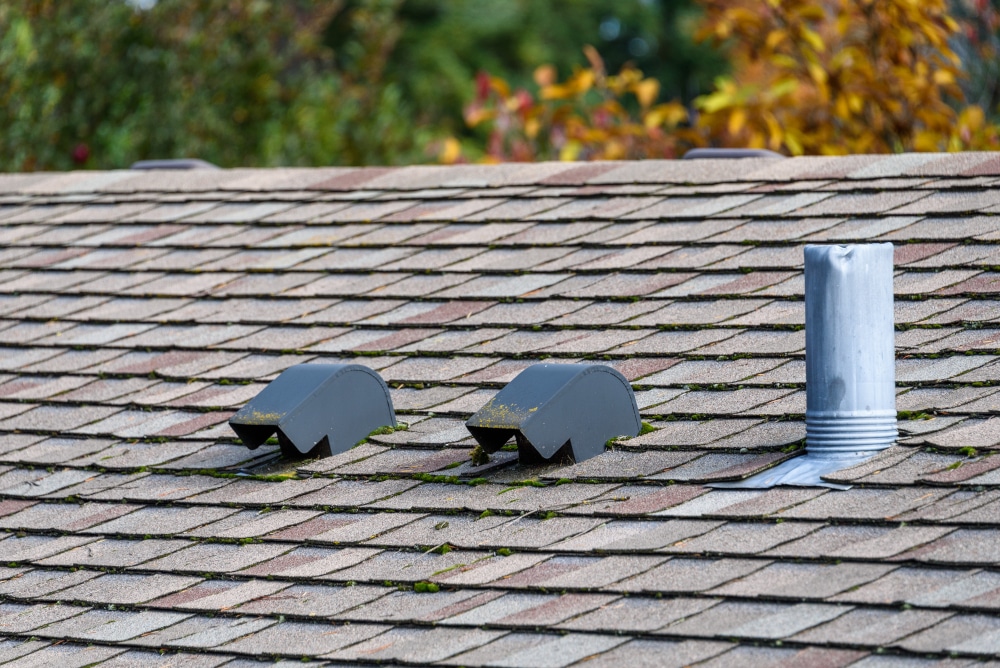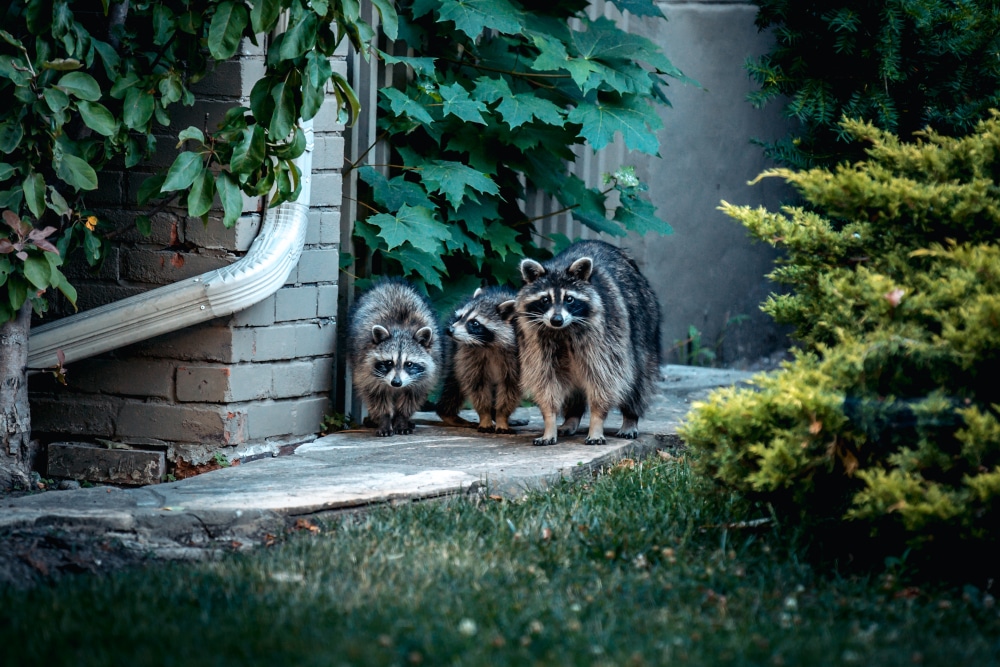Are you worried some raccoons have broken into the attic? It’s possible. Raccoons like to den in attics because they are warm and safe from predators. Females especially will do this in the spring so they can raise their kits in a safe place.
The following lists the most common signs of a raccoon invasion and how you can get the animals out safely. For more information, visit Raccoon Removal Milton or another professional near you.
Signs of Raccoons
Raccoons are not the only animals that get into attics. To identify them, look for the following signs. If you’re still not sure, call a wildlife removal company and book an inspection.
Strange noises at night
Raccoons are nocturnal. At night, you might hear them crawling around in the attic and making noise. Raccoons typically make shuffling and stepping sounds, like a person walking or dragging their feet. They might also chatter and squeak if they are not alone. Hearing any kind of thumping around in the attic at night may point to a raccoon problem.
Piles of droppings
Raccoons like to poop in the same areas repeatedly. They create piles of droppings, called latrines, near their dens. These can usually be found in raised areas, like the roof, the bottom of a tree, or even on a fence. Raccoons that den in the attic might also poop on the attic floor, which leaves a foul odor.
If you come across any piles of droppings, contact your nearest wildlife removal company and keep your distance. Raccoon droppings often contain a dangerous parasite known as raccoon roundworm. Droppings should only be removed with strong disinfectants and steam cleaners to keep you safe.
Roof and attic damage
Raccoons might be stronger than you think. If you noticed some damage on your roof, like a hole in a soffit or a torn vent, it is likely that a raccoon is responsible. Raccoons can climb up walls and get onto the roof, where they tear their way through openings and make their way into the attic.

If you can check on the attic itself, look for crushed or damaged insulation. Raccoons tend to move things around to build nests. Take note of torn cables, droppings, or a bad smell. If there weren’t any animals in the attic, it would look undisturbed.
Animal activity outside
Have you noticed a spike in animal activity? Seeing raccoons out in the yard is no coincidence. If you’re seeing them, they are denning nearby. Raccoons have small territories. Take note of the times you’ve seen raccoons coming and going from your property and speak with a wildlife removal technician.

How to Get Rid of Raccoons Humanely
Still think there are raccoons in the attic? Here’s how you can get them out safely.
Install a one-way door
The one-way door is exactly what it sounds like. Like a pet door that only swings one-way, the one-way door lets raccoons out of their dens, but prevents them from coming back. They cannot lift or push their way back into the attic.
Professionals use this method because it is effective and humane. Rather than putting anyone at risk of injury – including the raccoons – they let the animals leave on their own. No one gets hurt.
So, call your nearest wildlife removal company and ask them for a one-way door. A technician will find the entrance to the den and set the door up for you.
Raccoon-proof the roof
The next step is to raccoon-proof the roof. Otherwise, the raccoons may come right back and tear a new hole in it to get back inside. If you’ve hired a professional, ask them to inspect the roof and if they have any recommendations.
Many professionals offer wildlife-proofing in addition to removal. They can cover vulnerabilities like roof vents, chimneys, soffits, and openings in the side of the roof. When it comes to raccoons, you want to use steel meshes and metal flashings that cannot be torn or chewed.
Get rid of all food sources
To help ensure that you never have raccoon troubles again, get rid of every food source you can. Use lidded garbage bins and tie them down with bungee cords. Keep them clean and out of reach, if you can.
Likewise, you should put away the bird feeder and don’t leave any pet food out overnight. Pick up fallen fruit and protect your vegetable garden with row covers.






